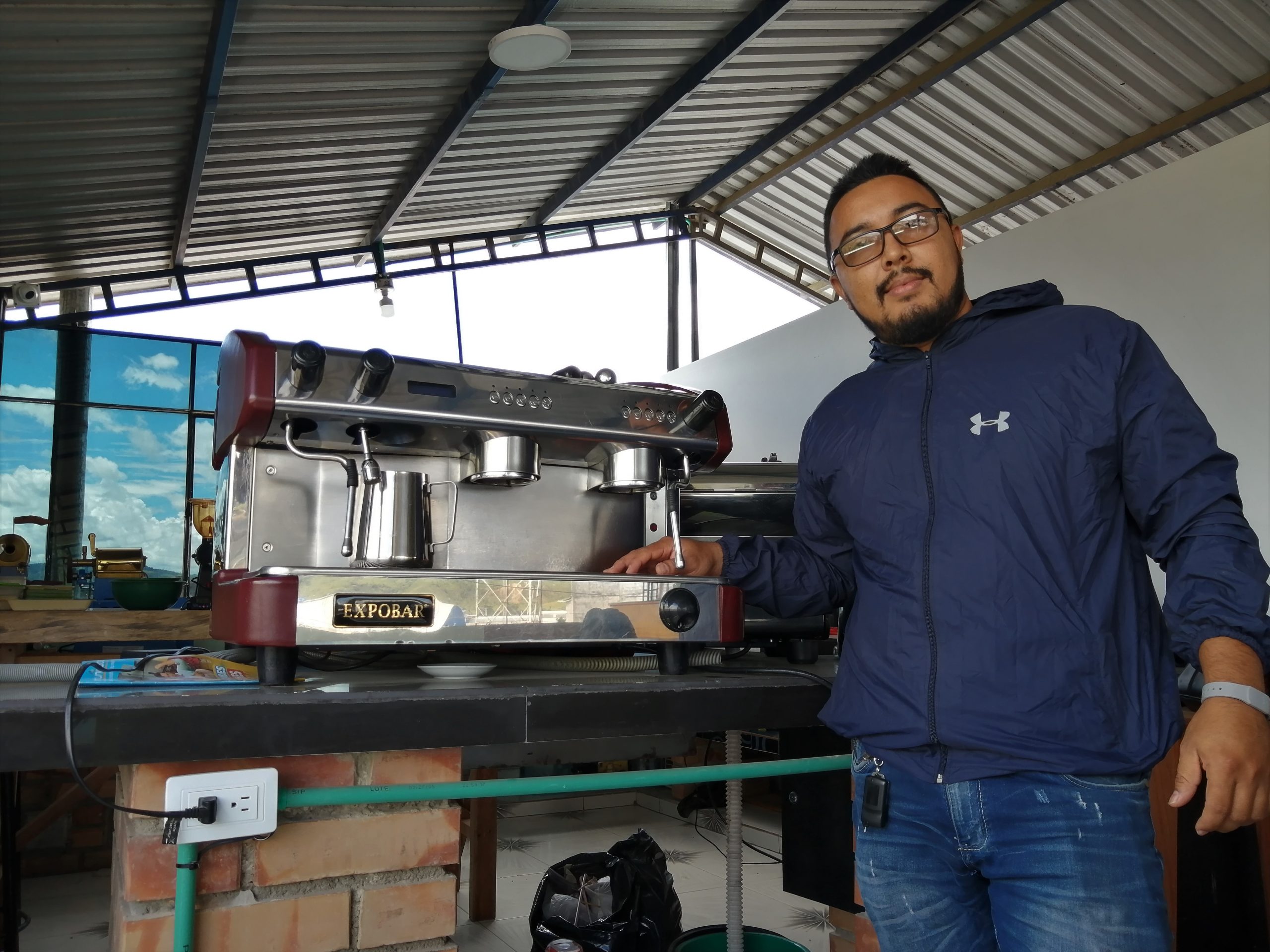Colombia Huila San Adolfo A – *51427* – 24961 – GrainPro Bags – SPOT RCWHSE
Position Spot
Bags 0
Warehouses Oakland
Flavor Profile White grape, jasmine, chocolate
Please Note This coffee landed more than 8 months ago.
Out of stock
About this coffee
Grower
Ever Angel Guevara, Jose Elmer Cerquera Betancourt, Juan Dario Gomez Collazos, Eider Perdomo Claros, and Carlos Gabriel Muñoz Silva
Altitude
1600 – 1800 masl
Variety
Castillo, Caturra, and Colombia
Soil
Clay loam
Region
San Adolfo, Huila, Colombia
Process
Fully washed and dried on patios and elevated tables inside solar dryers that provide protection from the rain
Harvest
March - May | October – December
Certification
Conventional
Coffee Background
Coffee cultivation from small family-owned farms is the backbone of production in Colombia. Banexport, a Colombian export company, works directly with many of these producers who have a shared commitment for exquisite coffee processing, and loving care for their farms and the environment. Banexport helps producers gain access to technical support regarding best practices for farm management, processing the harvest, and cupping feedback, which helps producers improve the quality of their coffee. The model of collaborative effort produces traceable community blends with vibrant regional profiles. This lot comes from 5 producers (Ever Angel Guevara, Jose Elmer Cerquera Betancourt, Juan Dario Gomez Collazos, Eider Perdomo Claros, and Carlos Gabriel, Muñoz Silva) with small farms in the municipality of San Adolfo within the department of Huila. With guidance from Banexport each producer follows the same post-harvest protocols, which allows for consistent blending from their respective farms. Each producer focuses on selective picking, then floats the cherries to remove damaged and underdeveloped beans, depulps to remove the skin and ferments 24 hours to remove the mucilage when washing the coffee seeds. The wet parchment is pre-dried for a period of 8 days on raised beds and then mechanically dried to 11 percent moisture. After processing, Banexport provides crucial logistical support for things like warehousing and milling coffee for export to the international market, which provides better income for everyone to reinvest in their farms and strengthen their families’ livelihoods.







